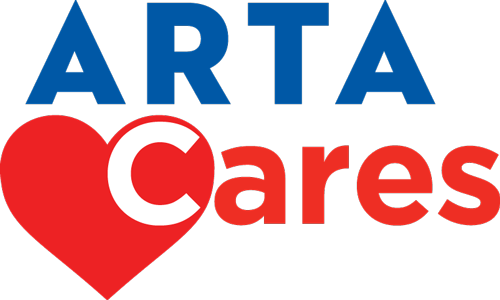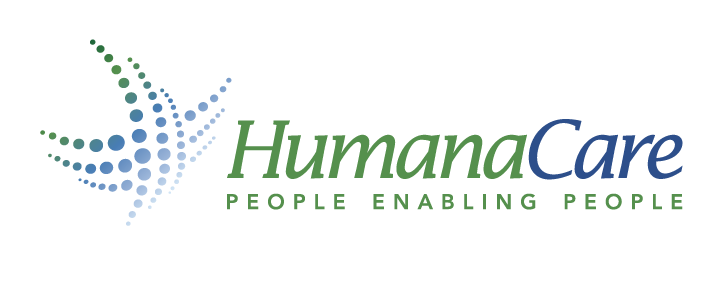Living Well with COPD: Diet and Nutrition for Optimal Health

Our diet has a direct impact on our health and overall functioning. Adequate nutrition is important for all — but it is especially important for those living with chronic obstructive pulmonary disease (COPD).
COPD is a progressive disease of the lungs and airways usually caused by prolonged exposure to smoke, pollutants, or chemicals. Since this is a respiratory condition, many people may not realize just how much their diet can impact the disease. Proper nutrition will not cure COPD, but it can make living with it much more manageable.
Did you know that the muscles used for breathing can require up to ten times more energy in a person with COPD? It is essential to plan meals to include an adequate amount of lean protein and a variety of nutrients to allow your body to create enough energy to keep up with the demand. We all know it is important to drink enough water, but just how much is enough? And does this amount change for those diagnosed with COPD? It is recommended that individuals with the disease drink at least eight cups of water per day (unless otherwise instructed by your healthcare professional), and limit caffeine intake. This will help to keep secretions loose so that they may be expelled with ease. Also keep in mind that those with COPD have an increased risk of developing respiratory infections. Adequate nutrition and fluid intake helps the body fight off infections and recover after an illness.
Gas and bloating can intensify shortness of breath. Individuals with COPD should try to avoid overeating and limit their consumption of foods that cause an excessive amount of gas or bloating. Some problematic foods include:
- fried and greasy foods
- spicy foods
- certain vegetables, such as beans, Brussels sprouts, broccoli, cabbage, cauliflower, cucumbers, and soybeans
- carbonated drinks
It can be helpful to keep a food diary to keep track of which foods cause gas or bloating, as our bodies do not all react to foods in the same way.
Shortness of breath while eating is a common concern for those with COPD. Here are some ideas to help reduce shortness of breath during or immediately following meals:
- Have four to six smaller meals per day instead of large ones to prevent overfilling the stomach, which would leave less space for the lungs to inflate.
- Avoid triggers such as smoke, strong perfumes, and pollution as much as possible before and during meal time.
- Clear the airways before eating and allow enough time to recuperate and reoxygenate before beginning a meal.
- Eat slowly, taking smaller bites, and take slow deep breaths while chewing.
- If possible, try to drink any liquids after the meal is finished — filling the stomach with liquid before a meal can cause overfilling or bloating.
- Be sure to eat while sitting up straight, especially if shortness of breath is positional.
Another prevalent issue for individuals with COPD is fatigue. Recurring or excessive fatigue can actually prevent people with the disease from obtaining enough nutrients each day. Here are some tips to conserve energy and ensure adequate intake:
- Have nutritious, protein-rich meals in the morning, since fatigue tends to accumulate as the day progresses and can reduce intake at dinner time.
- Eat the most nutrient-dense foods on the plate first, in case fatigue prevents you from eating the full meal.
- Take some time to rest before eating.
- Prepare meals ahead of time, and ask for help from others. Cooking dinner prior to eating may take up a lot of energy.
Limiting foods high in sugar and salt with little nutritional value, especially fast and processed foods, is a must. These foods can contribute to unhealthy abdominal weight gain. Abdominal weight gain can lead to increased work for the heart and lungs. Unnecessary body weight can also increase the overall oxygen demand which can worsen shortness of breath. On the opposite end of the spectrum, being underweight can increase fatigue and weakness, and increase susceptibility to infection. Maintaining a healthy weight is essential: see your physician or dietician to find out if you should be losing, gaining, or maintaining weight in order to achieve optimal health while living with COPD.
By Rachel Hughes, RN
ARTACares is provided by HumanaCare, an Alberta-based health and wellness provider with more than thirty-five years of Canadian health care experience.


This article took information from several reliable websites including ClevelandClinic.org, American Lung Association, and BC Health.